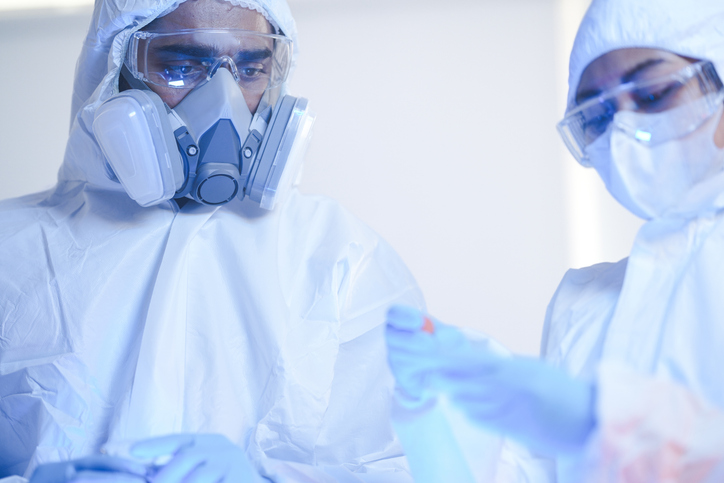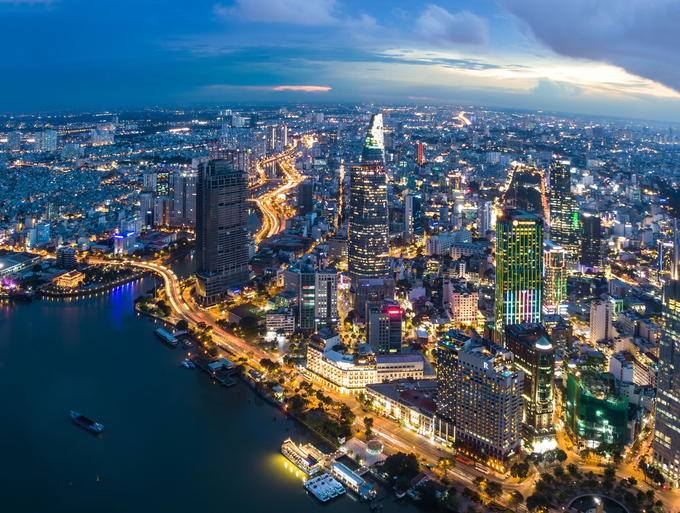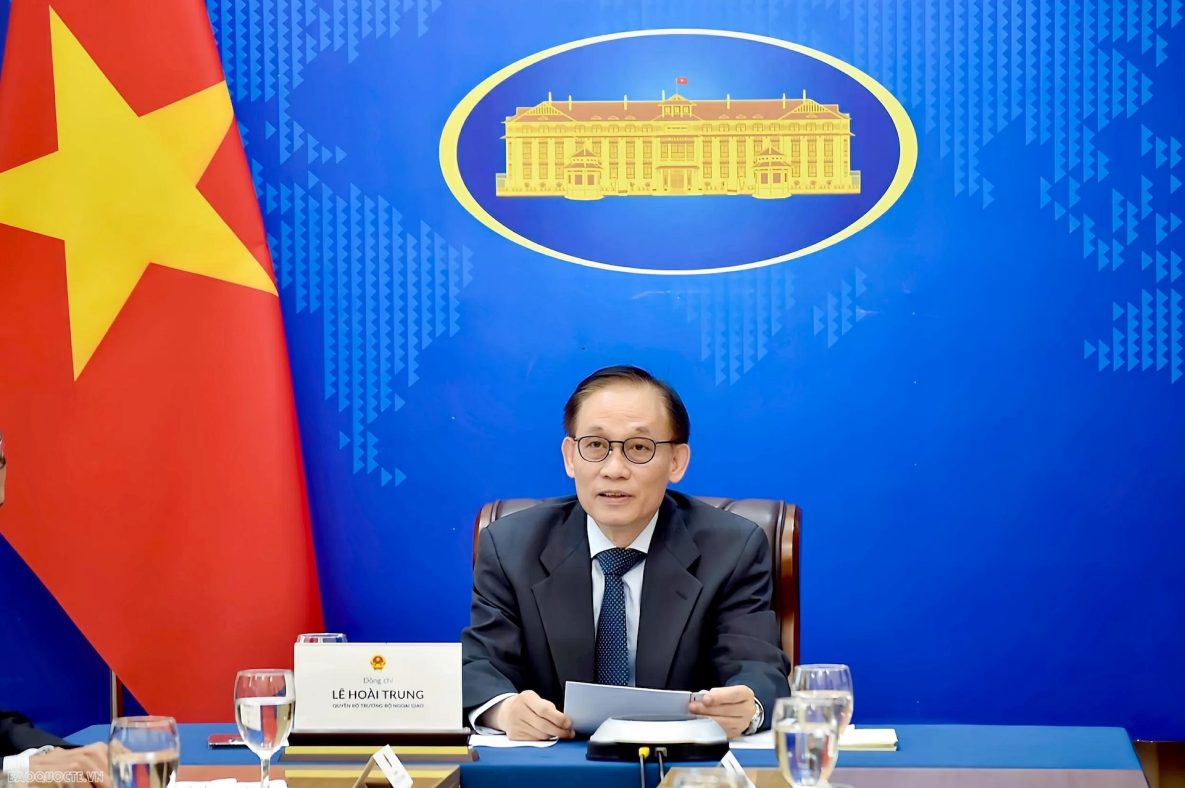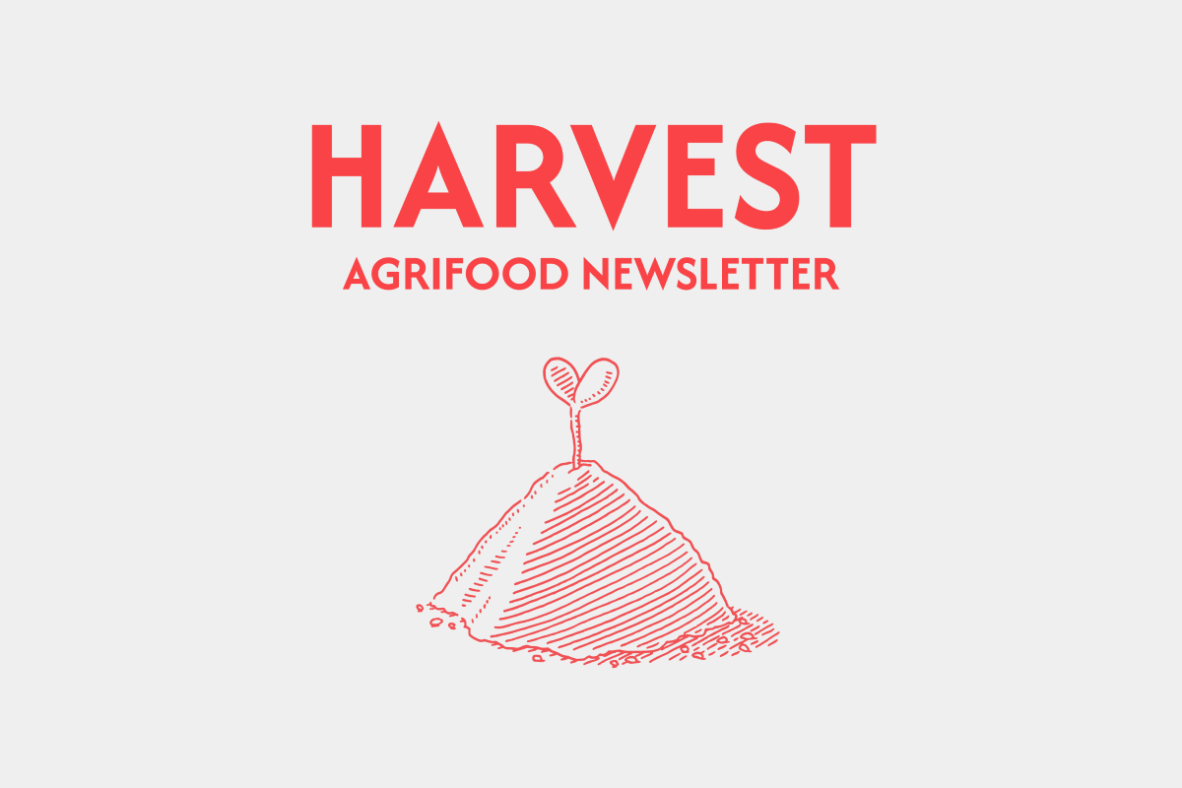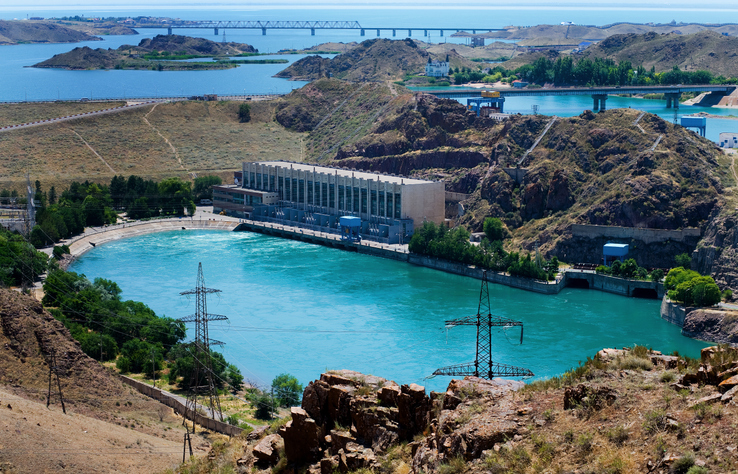Kazakhstan seeks foreign investment from EU for in-country value-added production
Kazakhstan, a nation with vast natural resources and ambitious growth targets, is positioning itself intending to double its economy to $450 billion by 2029 and is calling on the EU to invest in new in-country value-added production.

Kazakhstan, a nation with vast natural resources and ambitious growth targets, is positioning itself intending to double its economy to $450 billion by 2029 and is calling on the EU to invest in new in-country value-added production.
Traditionally reliant on oil, gas, and mining, Kazakhstan is now committed to diversifying its economy. Nazira Nurbayeva, former Deputy Foreign Minister of Kazakhstan, told Euractiv, “We are on a clear path of diversifying our natural resources-dependent economy by developing non-resource industries.”
The focus is on producing high-value goods and services, attracting capital to innovative projects, and advancing sustainable economic growth.
“The chemicals, industrial manufacturing, food processing industry, tourism, and alternative energy sectors show significant potential,” said Nurbayeva, adding that “Cutting-edge industries like green hydrogen production, advanced rare-earth metal processing, the IT and fintech sector capture investors’ interest, [while] matching our enthusiasm for these sectors.”
New investments in value-added production are expected to trigger technology transfer, enhancing productivity across all sectors.
Human capital development and innovation
Foreign direct investments (FDI) extend beyond economic growth, significantly contributing to Kazakhstan’s human capital development. By creating jobs and disseminating best management practices, FDI ensures widespread workforce upscaling.
Small and medium-sized enterprises (SMEs) benefit from FDI’s positive externalities, driving overall economic well-being and growth.
Additionally, FDI fosters a competitive environment that stimulates innovation, enhancing the resilience and competitiveness of the Kazakhstani economy.
Manufacturing sector advances
Kazakhstan’s proactive policy measures are yielding tangible results, particularly in the manufacturing sector. FDI in this sector has surged from 14% in 2019 to 23%, in 2023. Noteworthy investments span vehicle and equipment production, food products, and the chemical industry.
However, untapped potential remains in many new, including the deep processing of grain, minerals, oil and gas, coal, and other natural resources and agricultural products. Nurbayeva emphasises the need to explore these untapped avenues.
Balanced foreign policy and diversification
Kazakhstan’s balanced foreign policy aims to diversify investment sources, mitigating over-reliance on any single region. Despite global geopolitical tensions, the country maintains robust international economic cooperation.
Last year witnessed a 3.5% increase in trade turnover, reaching $41.4 billion, with Kazakh exports totalling $31 billion. EU investments in 2023 alone amounted to $10.4 billion, contributing to the cumulative investments that have steadily grown over the years.
Today, more than 3,000 European companies thrive within Kazakhstan’s dynamic business landscape.
EU collaboration – transport, energy and food security
Nurbayeva highlighted to Euractiv three promising areas of collaboration between the EU and Kazakhstan, transport connectivity, including the development of the Middle Corridor, energy transition, including green energy and critical minerals, and food security.
Kazakhstan’s strategic geographical location opens up exciting opportunities in transportation and logistics. The Middle Corridor, passing through Kazakhstan, becomes a crucial alternative route, ensuring uninterrupted and fast delivery of goods between Asia and Europe.
Kazakhstan aims to connect the Trans-Caspian International Transport Route with the Trans-European transportation networks.
Nurbayeva emphasised their commitment: “We are working on reducing the transit time from the current 16-20 days to 10 days. Over the past 15 years, we have invested over $35 billion in transit infrastructure, and with EU partnership, we strive to further develop the Middle Corridor to ensure reliable and safe connectivity between Asia and Europe.”
Green energy transition
Kazakhstan is steadily moving towards fulfilling its commitment to achieve carbon neutrality by 2060. Nurbayeva remarked, “By 2030, we intend to make a breakthrough in increasing the share of renewable energy sources in the energy balance from the current 4% to 15%.”
UN estimates reveal immense potential: wind energy capacity in Kazakhstan reaches 1.8 trillion kWh per year. Additionally, the country enjoys up to 3,000 sunny hours annually, particularly in the South, where solar radiation amounts to 1300-1800 kWh per square meter.
International players, including Italian ENI, French Total Energy, German Svevind, Chinese China Power, Emirati Masdar, and Saudi ACWA Power, express keen interest in developing renewable energy sources within Kazakhstan.
Raw materials exchange for technology
Kazakhstan stands as a global leader in mineral resources, the largest exporter of uranium, and ranks among the top ten in copper production. Kazakh titanium, a supplier to Boeing and Airbus, covers 11% of the global market. The mining and metallurgy sectors contribute about 20% of national exports.
To support the green transition, Kazakhstan seeks to specialise in midstream industries within the production chain. Speaking about prospective partners, Nurbayeva said: “We seek to collaborate on a ‘raw materials in exchange for technology’ basis, integrating into the global value chain.”
Beyond technology and mining, Kazakhstan’s vast land—200 million hectares—holds immense potential for food security through cultivation and pasture. Nurbayeva hopes the invigorated EU-Kazakhstan collaboration is not only strategic but transformative, capable of leveraging transport, sustainable energy, and resource exchange while charting a path for Kazakhstan towards prosperity and resilience on the global stage.
[By Nicole Verbeeck I Edited by Brian Maguire | Euractiv’s Advocacy Lab ]
